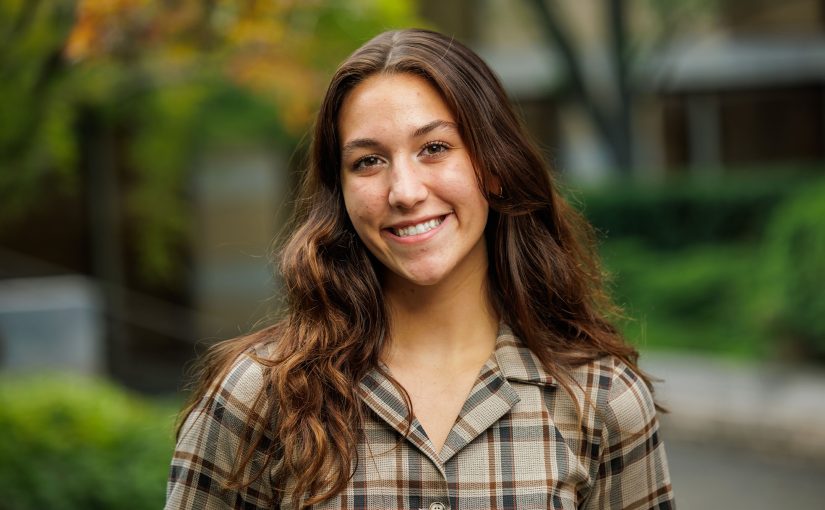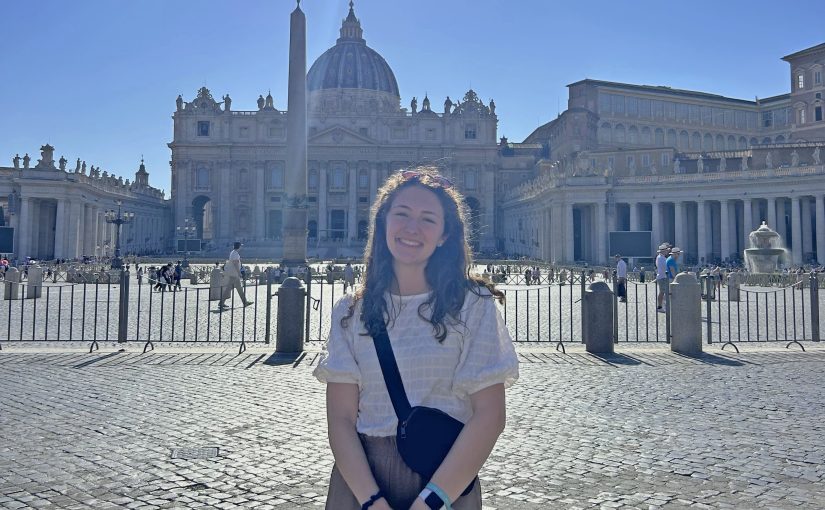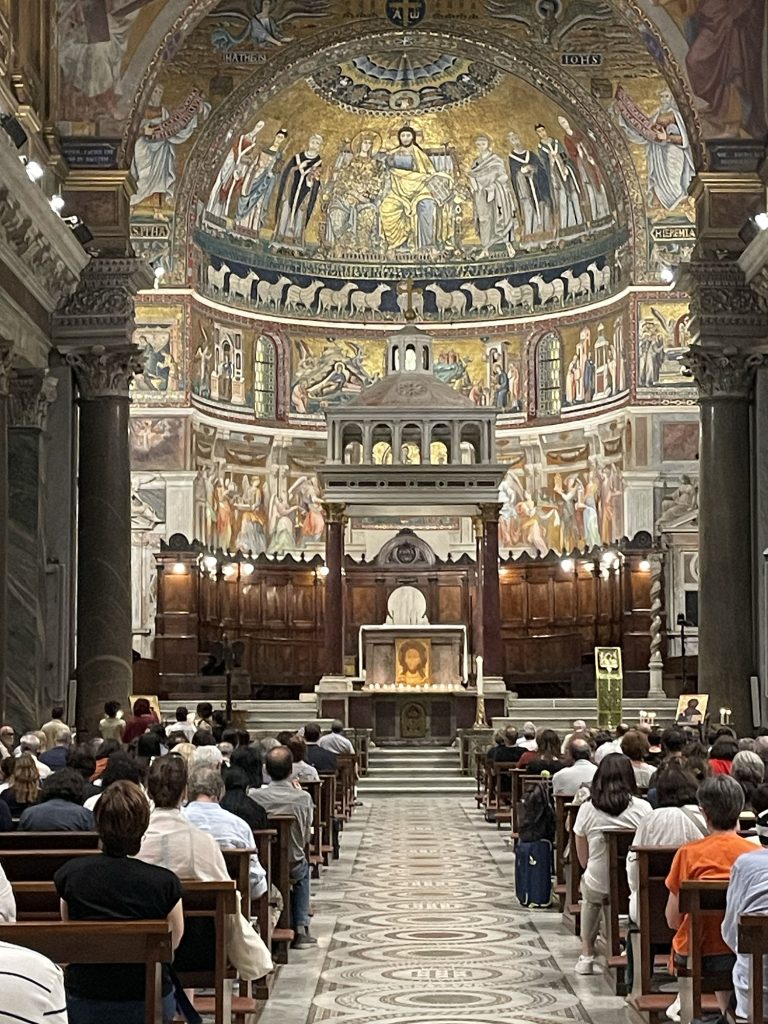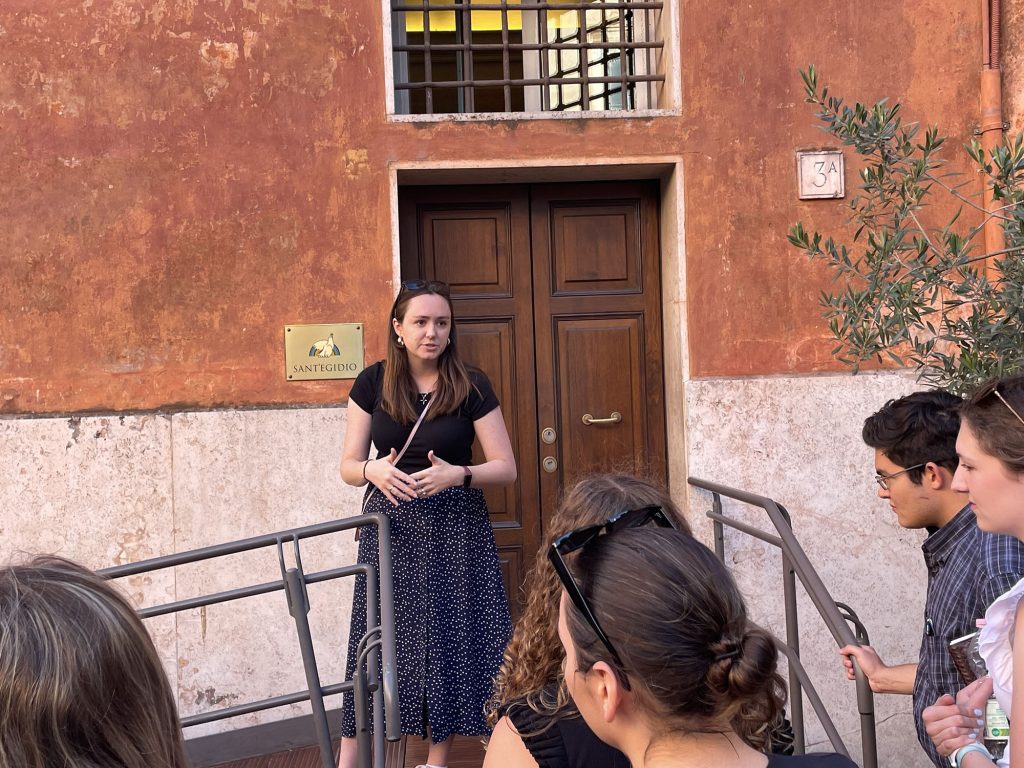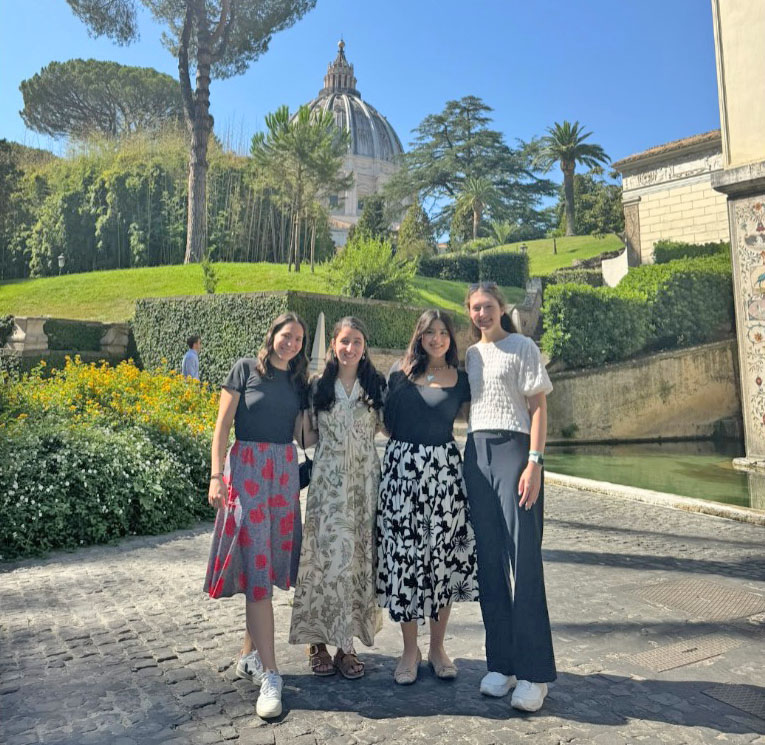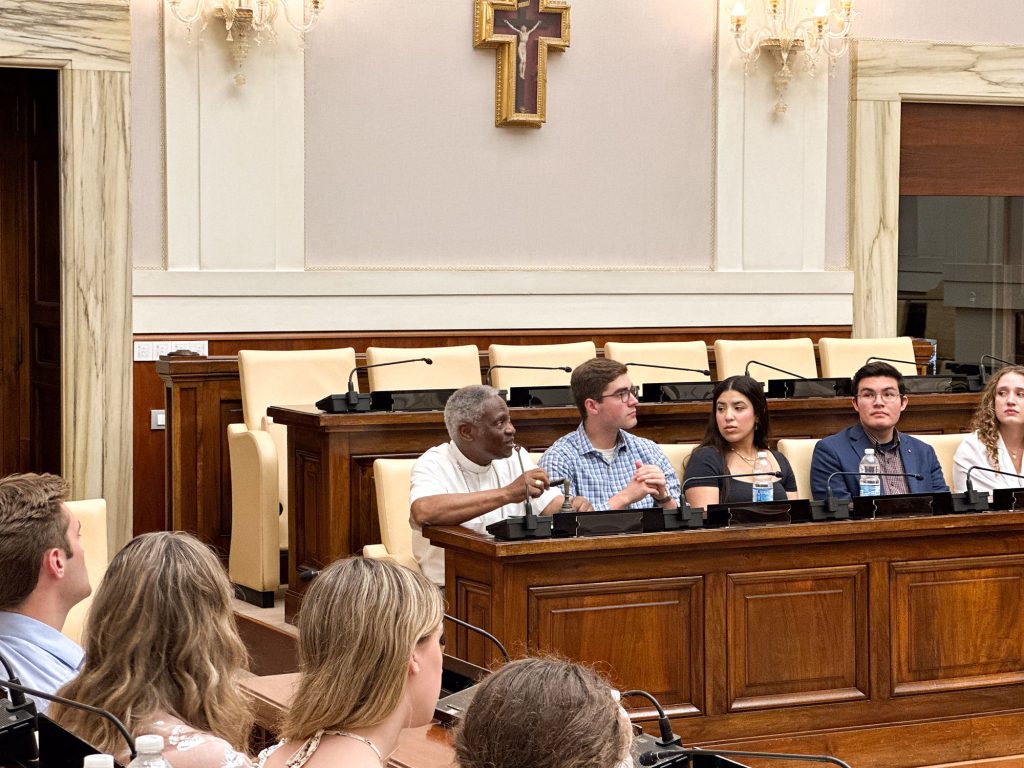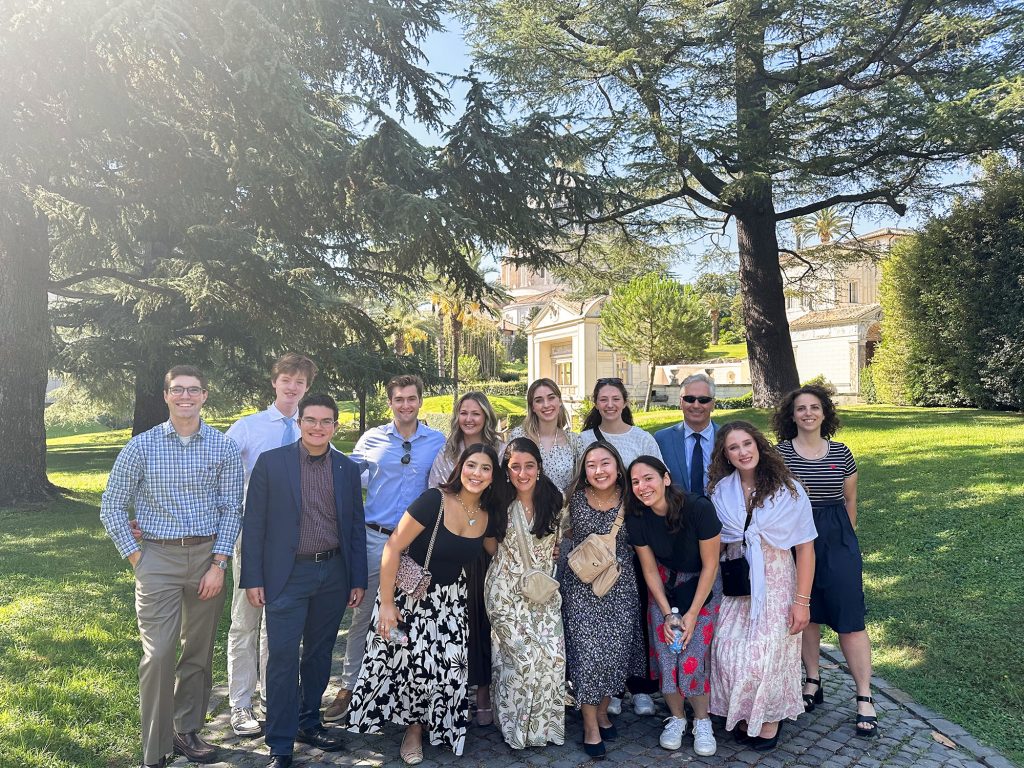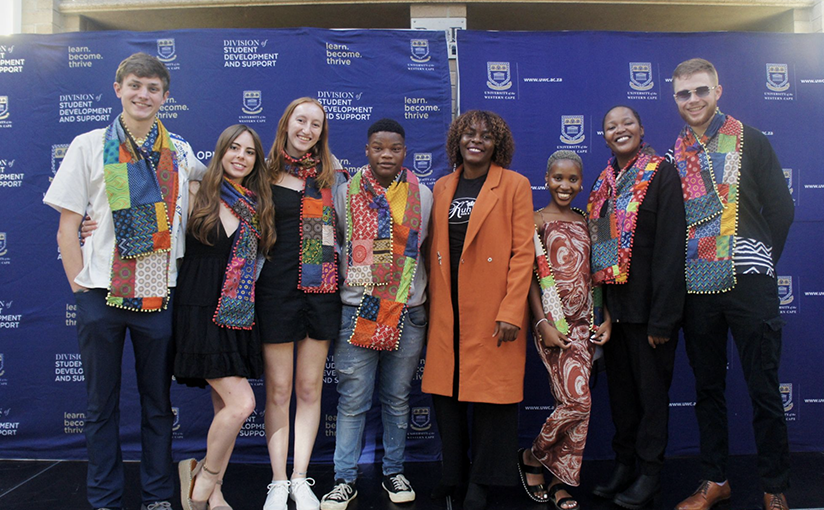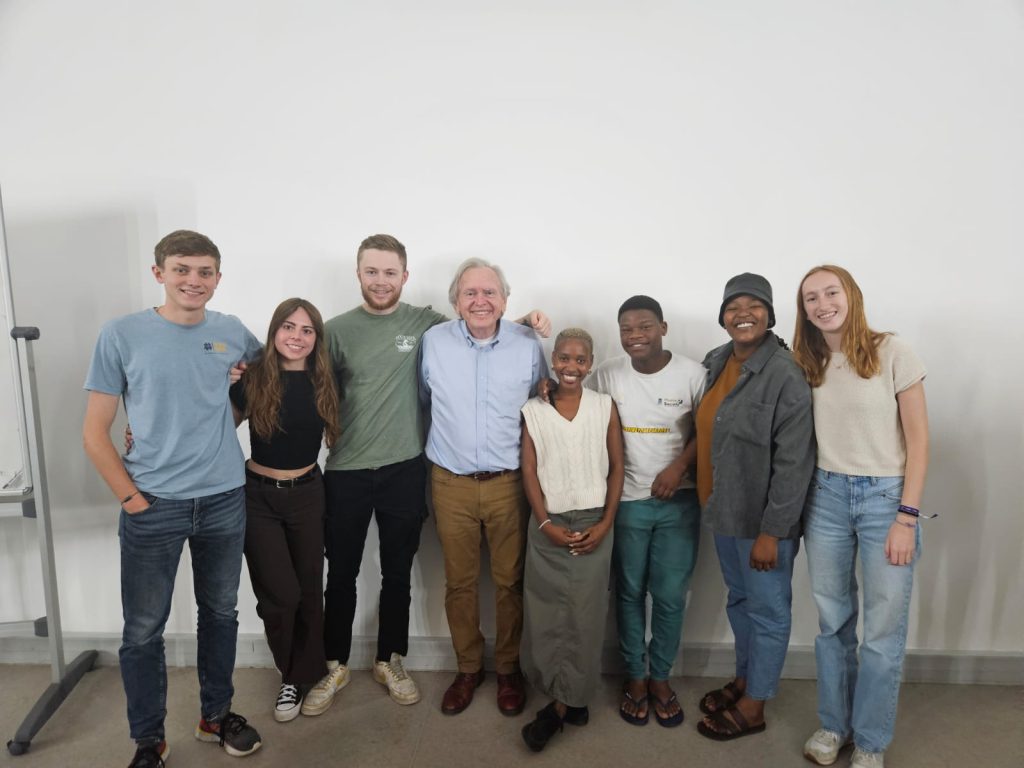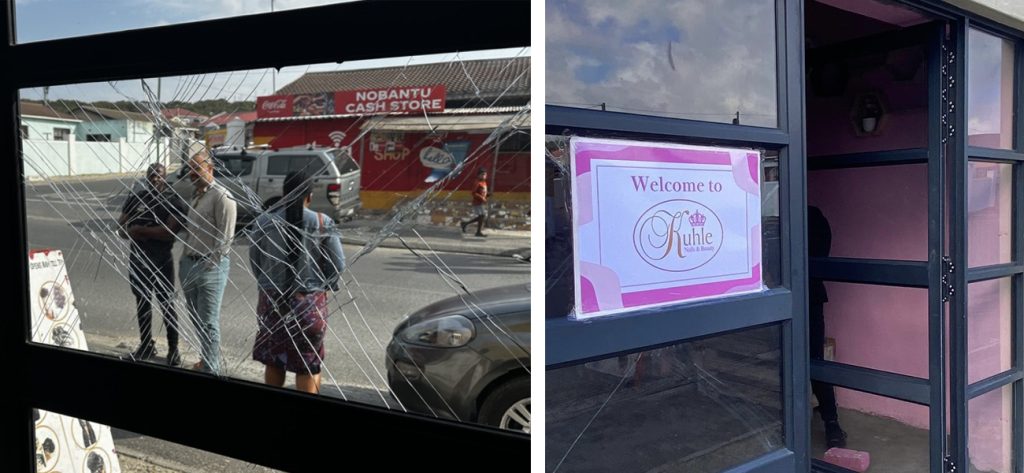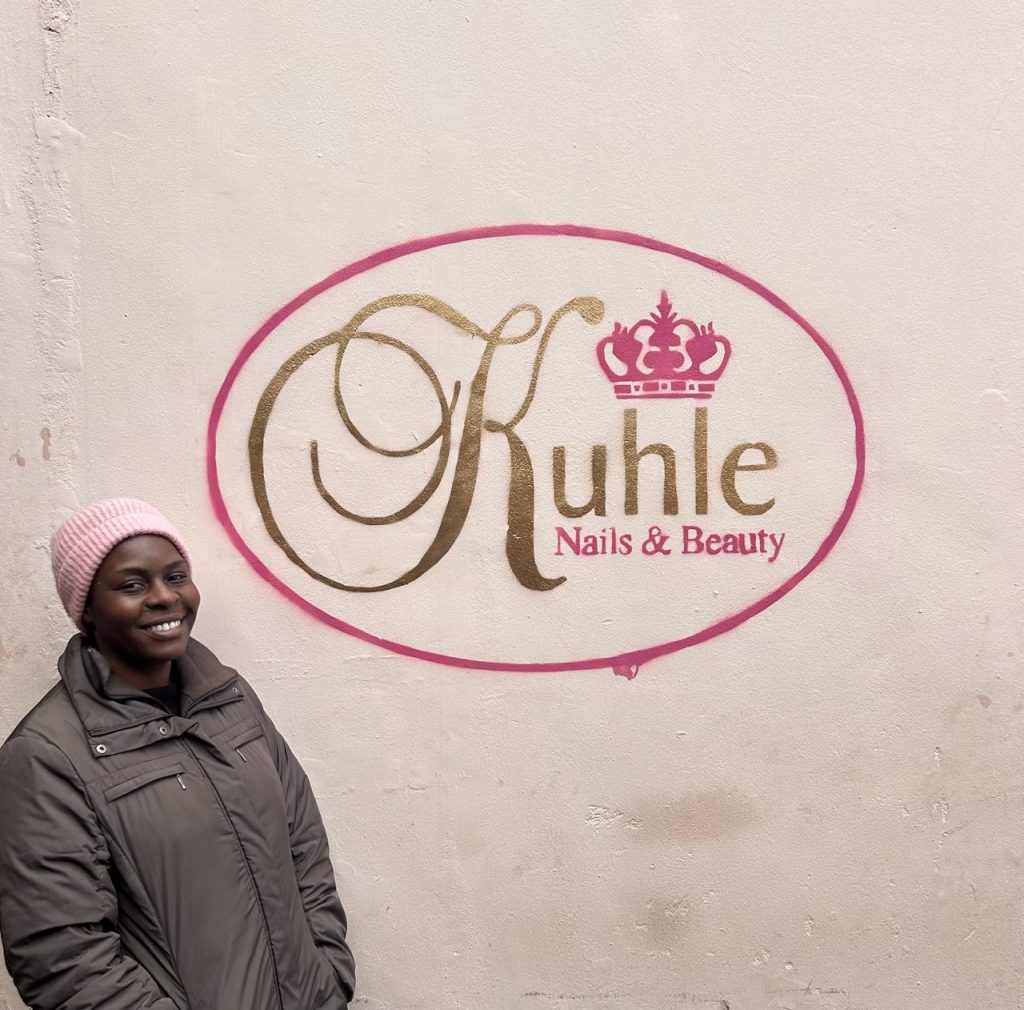By Tavin Martin
In 2023 I attended a Kellogg International Scholars event where Keough School professor Susan Ostermann gave a talk about her new research project in Hawaii, Alaska and Puerto Rico. The National Science Foundation-funded project analyzes how individuals from these regions — regions that are legally connected to the United States but whose communities often have a tense relationship with the government due to cultural and political histories — interact with building codes and construction processes while managing and preparing for events such as earthquakes, hurricanes and snow.
I had previously spent two summers volunteering in Puerto Rico and I had also traveled there many times to learn more from local communities about Puerto Rican culture and lifestyle. Given my background and research interest in Puerto Rico, I asked Professor Ostermann if she would take me on as a research assistant. Since that moment, I have worked on the project.
In January 2024 I traveled to Puerto Rico during Notre Dame’s winter break before beginning my study abroad semester in Chile. I assisted Professor Ostermann’s project collaborator, Professor Abbie Liel from the University of Colorado, with interviews and data collection in the San Juan area.
After taking a break for my study abroad semester, I began coding data that had been collected by Professors Liel and Ostermann and other student research assistants. Using the software ATLAS.ti, which facilitates analysis of qualitative data, I reviewed notes and data collected through interviews and observations and identified themes and commonalities between actors and communities across the three regions. The goal of the research project is to discover effective building practices that protect vulnerable communities from natural disasters.
My role as a coder has not only grown my skills as a student and researcher but also has influenced my research interests. While coding for the National Science Foundation project, I was simultaneously conducting field research for my thesis in Rapa Nui and Vieques, Puerto Rico. During my time in Vieques the community was hit by tropical storm Ernesto, and I witnessed firsthand how Viequenses prepare for natural disasters and how they must deal with the aftermath for weeks or months later.
These communities are not strangers to natural disasters such as hurricanes, but that does not make the process of preparation any easier. I encountered many people who suffer from post-traumatic stress disorder following previous disasters, namely Hurricane María. In addition to protecting their houses with wooden boards and sandbags and purchasing gasoline for generators, many people have to emotionally prepare themselves for what they know will be a long recovery time, potentially without power, water or fresh food.
It is one thing to read and learn about the impacts of building codes and construction practices on these communities through my work on the project, but it was a completely different experience to work alongside emergency response teams and live with community members as they struggled to maintain a sense of normalcy without power.
Through this project I aspire to help communities like Vieques to create sustainable and safe building practices that will protect their environment, houses and families. My hope is that this research helps communities in Hawaii, Alaska and Puerto Rico to live without fear of losing their homes and feel prepared for every scenario when extreme weather events occur.
Tavin Martin is a senior global affairs and Latino studies major who also is earning a minor in Education, Schooling and Society (ESS).

